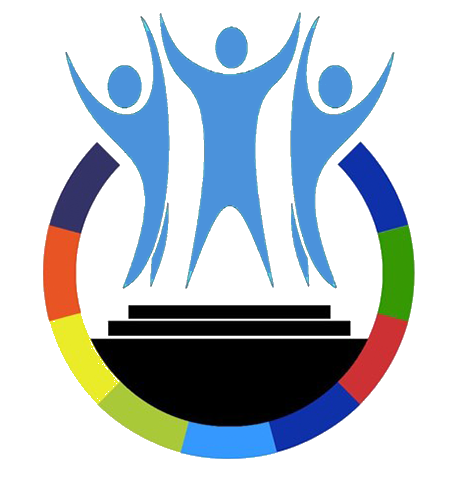

June 09, 2023
Health, Education, Governance, Active Citizenship, Environment
Youth Development is a process that prepare a young person to meet the challenges of adolescence and adulthood and achieve his or her full potential. Youth development is promoted through activities and experience that help youth develop social, ethical, emotional, physical, and cognitive competencies. Youth leadership is part of the youth development process and support the young person in developing, the ability to analyze his or her own strengths and weaknesses, set personal and vocational goals, and have the self-esteem, confidence, motivation, and abilities to carry them out (including the ability to establish support network in order to fully participate in community life and effect positive social change) and the ability to guide or direct others on a course of action, influence the opinions and behaviors of others, and serve as a role model. Conditions that promote healthy youth development are supported through programs and activities in schools and communities. Youth development researchers and practitioners emphasize that effective programs and interventions recognize youths strengths and seek to promote positive development rather than addressing risks in isolation. Youth who are constructively involved in learning and doing and who are connected to positive adults and peers are less likely to engage in risky or self-defeating behaviors.